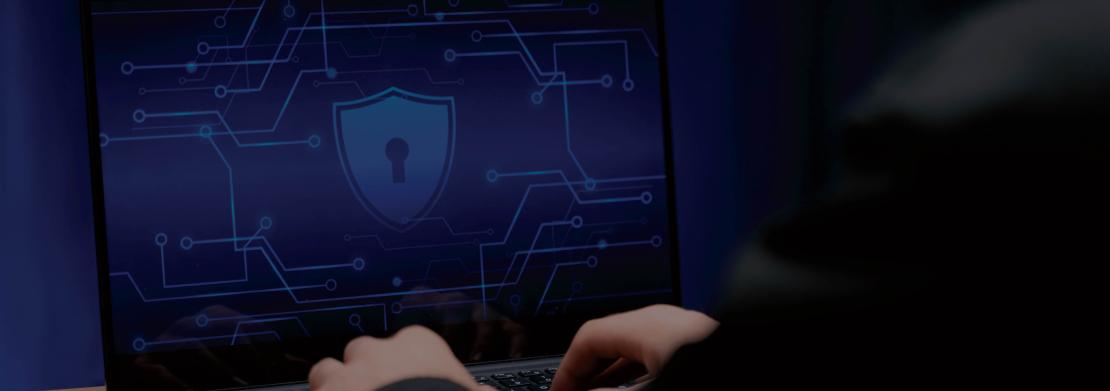The Technological Test of Democracy: Disinformation
The increasing transformation of social media platforms into zones of political influence poses a serious threat to democracies, especially with the widespread dissemination of AI-generated fake content. In this digital age, where the line between real and fake is rapidly blurring, individuals have faster access to information than ever before—yet the accuracy of that information is more questionable than ever.
A 2022 article in Wired titled “A Zelensky Deepfake Was Quickly Defeated. The Next One Might Not Be” highlighted a deepfake video of Ukrainian President Volodymyr Zelensky that quickly spread across platforms like Facebook, YouTube, Telegram, and VKontakte. The video, which was later revealed to be fake, underscored the potential damage such content could cause. Similarly, a 2024 article in the New York Post titled “AI ‘deepfakes’ of Hurricane Helene victims circulate on social media, ‘hurt real people’” examined how disinformation spread through fake videos and deepfakes in the aftermath of Hurricane Helene. These clips featured fictitious characters telling emotional stories and making pleas for help—fabricated personas used to provoke public sympathy and potentially defraud donors.
Another 2024 story by The U.S. Sun, titled “OFFICIALLY FAKE: ‘How could you get the prime minister?’ bank user despairs as he loses $12,000 after watching video of ‘Justin Trudeau’”, involved a deepfake video uploaded to YouTube. In the video, Canadian Prime Minister Justin Trudeau appeared to promote a fraudulent crypto investment platform. A user from Ontario, persuaded by Trudeau’s supposed endorsement, invested in the platform. Although the video falsely showed the investment growing to CAD 40,000, the user was unable to withdraw any funds and eventually realized he had been scammed. This case exposed how deepfakes are now used in targeted advertising to deceive individuals. Canadian authorities emphasized the need for digital literacy, platform regulation, and rapid alert systems to combat such threats.
These incidents reveal how AI-generated fake content can lead to personal harm and deeply affect democratic processes. In small or ethnically divided societies, disinformation spreads quickly, manipulates emotional responses, and weakens the overall informational infrastructure of society. In this context, individuals’ ability to evaluate social media content with a critical and conscious perspective becomes one of the most important mechanisms of protection against the new threats of the digital age.
Assoc. Prof. Dr. Şevki Kıralp from the Faculty of Economics and Administrative Sciences at Cyprus International University explored the impact of AI-driven disinformation on democratic processes. He examined how this impact increases in small and ethnically divided societies and how citizens can be made more aware of these digital threats.
Kıralp emphasized that social media platforms provide easy access, speed, and mass communication tools. However, he noted that a lack of media and social media literacy leaves users vulnerable to propaganda rooted in disinformation. He stressed that developing a habit of critical and questioning reading is an effective defense. Accepting every piece of content on social media as truth without examining it or checking its accuracy carries significant risks.
Kıralp pointed out that democracy is undergoing a technological test in an age where “truth” is increasingly obscured. He discussed the impact of the concept of “post-truth” on our era and reiterated the importance of cultivating a habit of critical reading. “One of the key features of this era is that due to the fast communication environment enabled by the internet, emotional reasoning increasingly outweighs logic in the formation of political opinions,” he said. He added that the tendency to be emotionally manipulated and open to disinformation is not unique to Cyprus. However, in both South and North Cyprus, it is very common for people to hold overly positive biases toward those they know and overly negative biases toward those they do not. Conspiracy theories are also widely believed on both sides, creating fertile ground for the rapid spread of disinformation.
Kıralp emphasized the importance of education in fostering more informed individuals who are more aware across various domains. He argued that educational approaches should meet the needs of the times.

1. Today, social media platforms are not just communication tools but also political arenas. In your view, how does this pose a threat to democracy?
Social media platforms are easily accessible, fast, effective, and provide mass communication opportunities. However, if we lack awareness in media and social media literacy, we become vulnerable to propaganda rooted in disinformation. This can lead us to be emotionally swayed by false propaganda, which opens the door to political manipulation. One of the most effective ways to guard against this is by developing a habit of critical and analytical reading. That means not accepting any content presented on social media as “truth” without putting it through a mental filter or investigating its accuracy.
2. How do you observe that AI-generated fake content (deepfake videos, fake tweets, artificial news) affects public perception?
A 2018 study by the Massachusetts Institute of Technology clearly showed that false content spreads online much faster than factual content and is far easier to believe. In other words, many internet users are more likely to believe fake content than real content. Once someone believes in false content, no matter how much evidence you present, it is extremely difficult to convince them to reconsider their view and correct their misunderstanding.

3. In politically fragmented societies like Cyprus, is the impact of disinformation more significant? Why?
We live in what is called a “post-truth” era. One key characteristic of this period is that, due to the rapid communication made possible by the internet, our political opinions are increasingly shaped by emotions rather than logic. We use emotions to form opinions and logic to justify them. As a result, we become emotionally manipulable individuals who are vulnerable to disinformation. This is not unique to Cyprus. However, in both South and North Cyprus, there is a strong tendency to view “familiar” individuals with extreme positive bias and “unfamiliar” individuals with extreme negative bias. Additionally, conspiracy theories are widely accepted on both sides. These dynamics create conditions that allow disinformation to spread more quickly.
4. What kind of education and awareness-raising measures would you suggest to make citizens more conscious of these digital threats?
Countries like Finland, Sweden, and the Netherlands systematically educate new generations in schools to develop critical and questioning skills in media, social media, and AI literacy. This results in citizens who are far more conscious and aware in many areas, making them more resistant to disinformation. These countries rank at the top globally in terms of both democratic quality and social justice—this is no coincidence. They also make an effort to educate adults who are past school age, organizing various awareness activities for them. Methods like these, tailored to the needs of our era, could also be very beneficial for us.